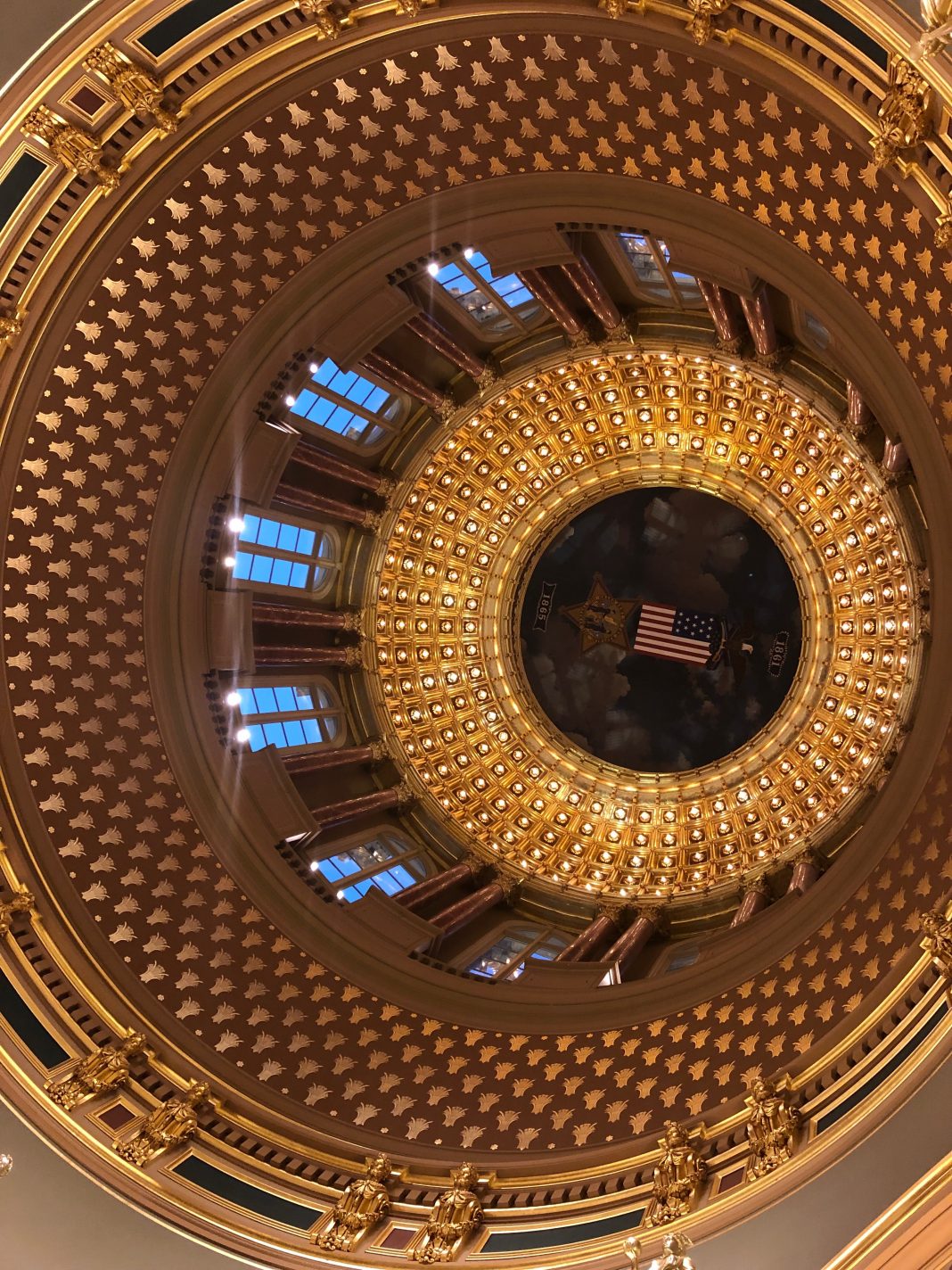Senate Study Bill 1022 would increase the exemption amount for those with military service regarding their property taxes. The bill advanced out of subcommittee.
Current law allows veterans of World War I to a property tax exemption of $2,778 in taxable value. Honorably discharged veterans who served during other specific time periods receive an exemption of $1,852. This bill would increase the exemption amount for all eligible veterans to $3,700.
The state currently provides local governments funding for the military property tax exemption up to $6.92 per $1,000 of assessed value of the exempt property.
Lucas Beenken of the Iowa State Association of Counties had some areas of the bill he wanted to address, even as a veteran himself.
“We do have issues with the funding mechanism because of the language,” he said. “The state does not fully fund that exemption, so locals would fund what’s not funded by the state.”
With the statewide consolidated levy rate being in the mid-30s, Beenken said local governments would have to absorb the other $27 or $28.
“Our point is when the state extends a benefit to any individual or class or use of property, the state would be the level of government that pays for it if they’re the one extending that benefit,” Beenken said.
There’s about 176,000 home owners who are veterans. The estimated cost is around $6.5 million.
This is a bill that’s been around for a few years, but every year legislators say they intend to make it part of a larger property tax reform. Every year it doesn’t happen.
Originally the concept became law in 1946. That amount was set at $1,852 back then. Without inflation built into the original bill, that number hasn’t budged.












